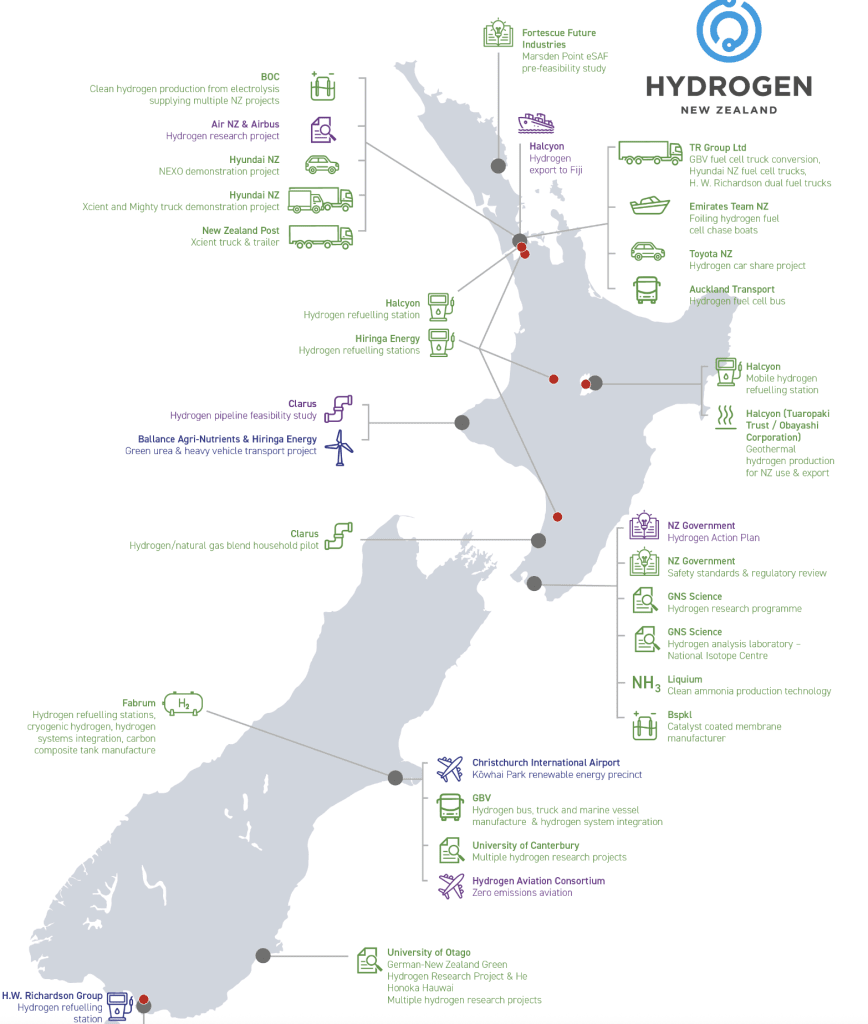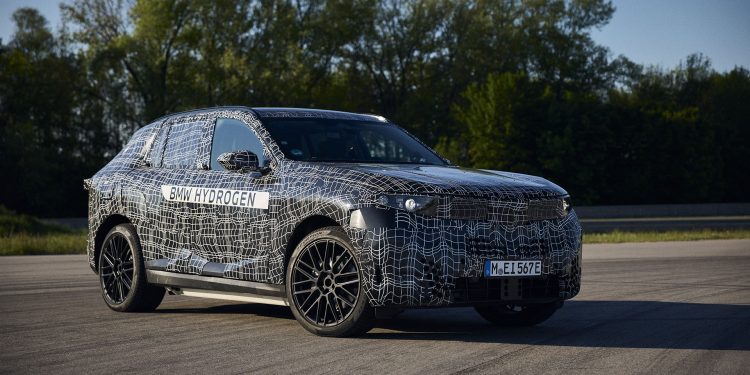The BMW iX5 Hydrogen remains on track
Words NZ Autocar | Images BMW
BMW is set to offer the next X5 with multiple drivetrain variants in 2028. Customers will have the choice of battery electric, plug-in hybrid, petrol or diesel. A fifth option is hydrogen fuel cell technology.
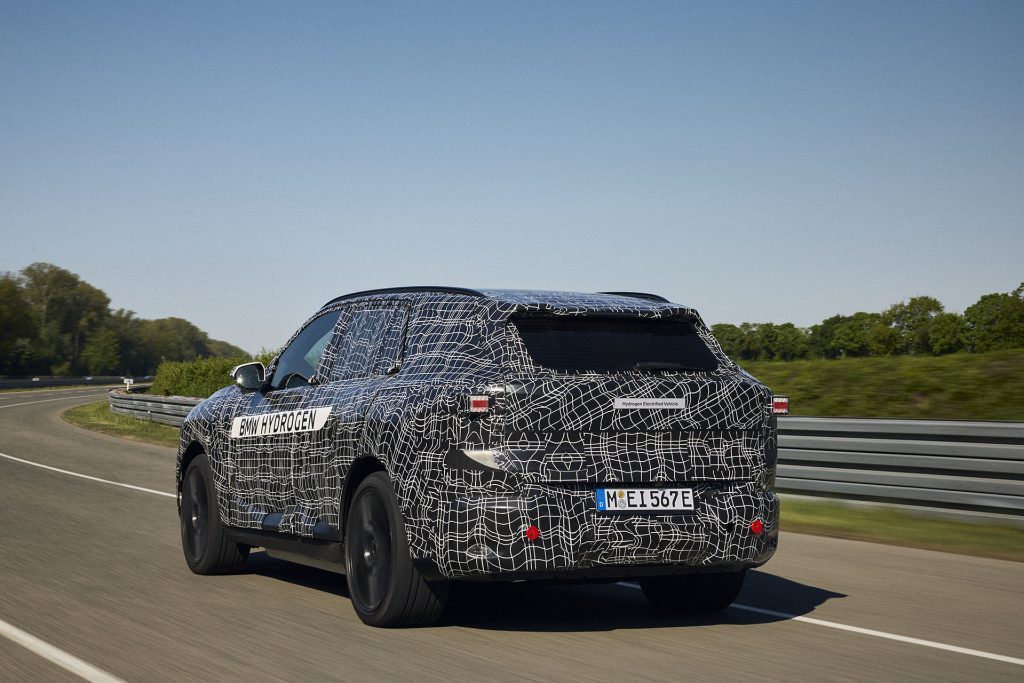
The HyMoS (Hydrogen Mobility at Scale) initiative is designed to promote the development of hydrogen ecosystems in cities. An initial pilot implementation is being developed in Germany.
BMW’s Joachim Post said at a BMW event in New York: “Hydrogen has an essential part to play in global decarbonisation. That is why we are committed to driving the technology forward.”
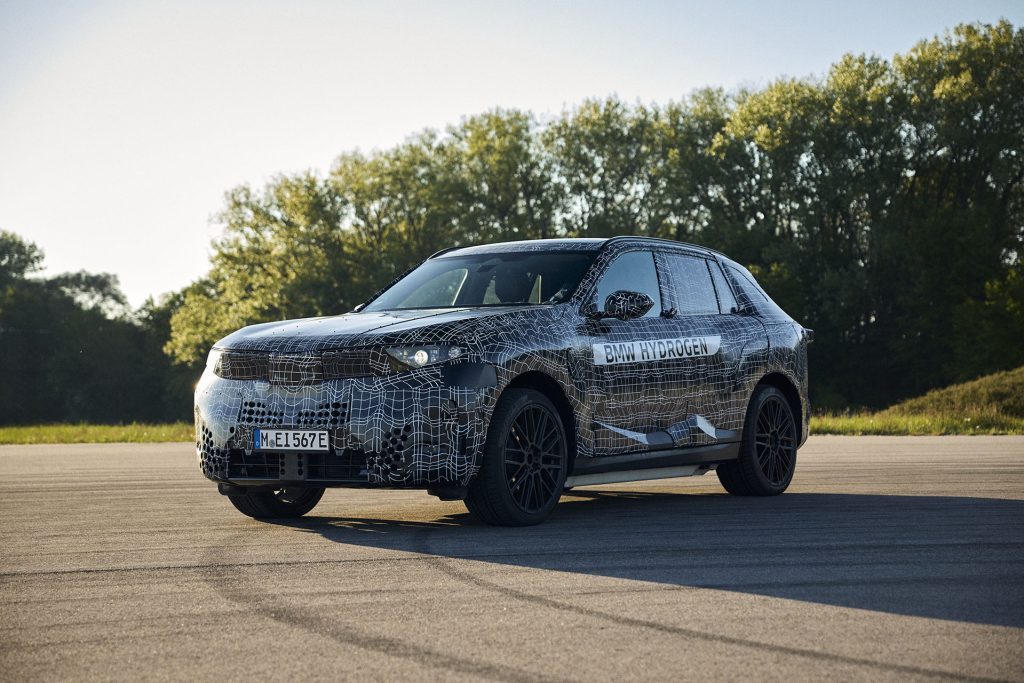
Product diversity continues to be important for BMW. In 2028, hydrogen fuel cell technology will become available as an X5 power alternative. The firm signalled this over a year ago here.
The BMW model line-up will include two types of fully electric drivetrain (battery electric and hydrogen fuel cell) from 2028. That is all part of the brand’s technology-open approach.
The new BMW iX5 Hydrogen
Following successful testing of the pilot fleet worldwide, the BMW iX5 Hydrogen will enter production in 2028. It will be the brand’s first series-produced hydrogen-powered model.
“The new BMW iX5 Hydrogen will be a true BMW – pioneering in its class and delivering the BMW typical driving pleasure.” So says Michael Rath, Vice President Hydrogen Vehicles BMW Group.
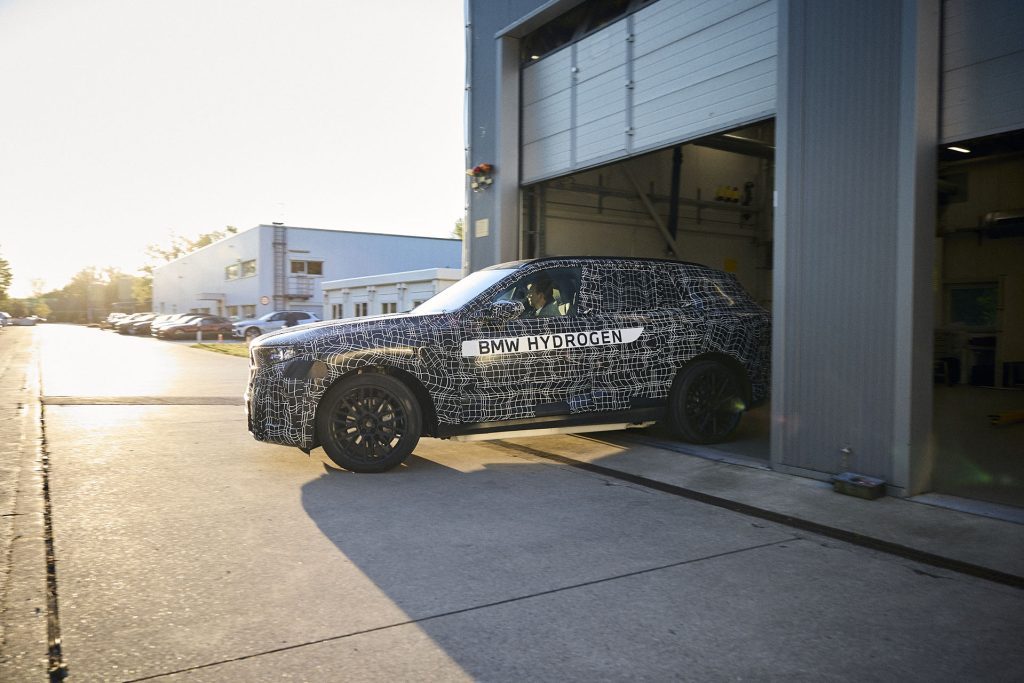
The drive technology is based on the third-generation fuel cell system. This the BMW Group is developing in collaboration with the Toyota Motor Corporation.
The technological advances makes the system more compact, more powerful and more efficient, increasing range and output while also reducing energy consumption.
The company is already building first prototypes in Munich and in the BMW Group Plant Steyr.
Benefits of hydrogen-powered technology
Hydrogen is recognised as a promising future energy source for global decarbonisation. BMW claims that hydrogen is “the missing piece for completing the electric mobility puzzle where battery electric drive systems are not an optimal solution”.
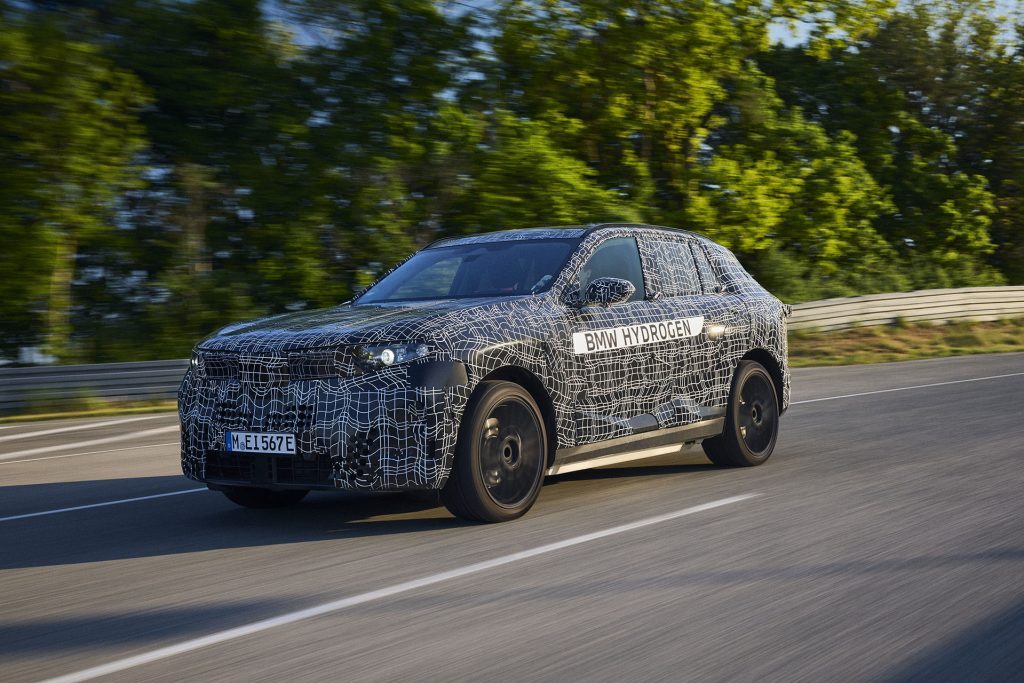
BMW is actively involved in efforts to expand the hydrogen refuelling network. The HyMoS initiative was established to support hydrogen ecosystems for mobility in cooperation with industry and institutional partners. It aims to increase the economic viability of hydrogen mobility ecosystems by pooling the demand for all types of vehicles, including trucks, buses and passenger cars.
This will help to grow distribution and usage of hydrogen stations. A pilot phase started with the support of existing ecosystems in Germany and France to gather experiences for deployment to further metropolitan areas. A potential later expansion to other countries is envisaged.
In New Zealand there is a limited but growing hydrogen infrastructure with six operational filling stations in Auckland (2), Hamilton, Taupo, Palmerston North and Invercargill. They are essentially for refuelling hydrogen-powered heavy vehicles. (The red dots below represent the functioning hydrogen refuelling stations).
